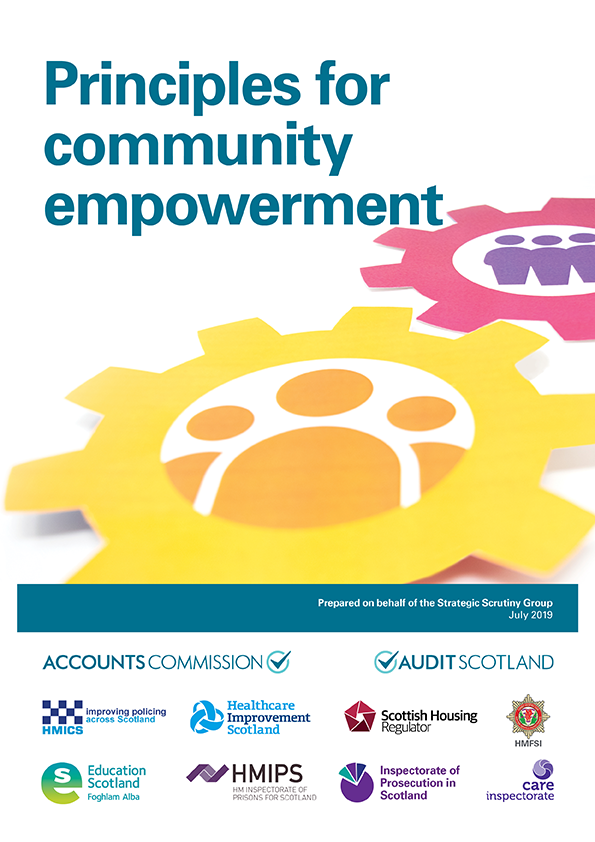Publication: Community empowerment: Covid-19 update
by Auditor General, Accounts Commission
Communities played a crucial role in the response to Covid-19
Purpose of this output
Public bodies can learn from good practice and new ways of working which emerged in response to Covid-19 and use this to shape the way they work in the future to promote the best outcomes for local communities and help address inequalities. On this page we share some of the many good examples of the community response to the pandemic and summarise the learning. It builds on the Principles for community empowerment published in 2019 and ongoing engagement with the Community Empowerment Advisory Group. Public bodies should use this information alongside their own learning to develop longer-term approaches to supporting and empowering communities.
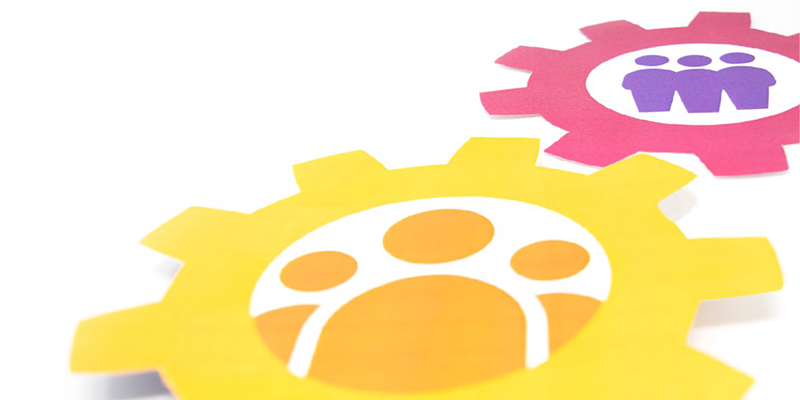
Update report
Covid-19 has disproportionately affected Scotland’s most vulnerable citizens. During the pandemic, local people and communities across Scotland played a critical role in supporting the most vulnerable people in society. Partnerships and the voluntary sector were vital in supporting and empowering people to do this. In areas where existing relationships were stronger, some communities were able to provide a faster and more targeted response, for example in North Ayrshire. This enabled rapid allocation of funding to well-established organisations supporting those most affected by Covid-19, including some of the funding packages announced by the Scottish Government in March 2020 for supporting communities.
For example, Highlands and Islands Enterprise administered Covid-19 support for communities and the third sector and there are many examples of how this was used by communities pulling together to help local residents. The Scottish Council for Voluntary Organisations (SCVO) website was the main hub of information and support for communities and the third sector during the pandemic, updated regularly with new funds from both government and independent sources, and ongoing recovery funding.

Key learning from the pandemic linked to the Principles for community empowerment
Principle

1. Community control: Support communities to successfully take more control over decisions and assets
Key themes/ learning points during Covid-19
- Swift community responses based on understanding local needs
- Communities leading initiatives with quicker access to funding streams
- Using technology to do things differently while recognising the need to include those people who are digitally excluded
- Versatility of community organisations, aware of local issues with person-centred approaches and a 'can-do' ethos
What do public bodies need to think about as we start to recover?
- Design flexible governance and decision-making processes best suited to the communities they serve
- More local decision-making structures with active local participation and shared power to allow decisions to be taken that matter locally
- Reduce the digital divide and continue to learn from and improve digital engagement with communities
- Provide a range of support and investment to communities to sustain new approaches and continue existing good practice
Principle

2. Public sector leadership: Strong and clear leadership on community empowerment sets the tone and culture of the organisation
Key themes/ learning points during Covid-19
- Public bodies providing the resources for communities to lead initiatives – for example funding, sharing information, assets – and the conditions for community groups to flourish
- Public bodies recognising and supporting community leadership and working collaboratively
What do public bodies need to think about as we start to recover?
- Recognise the value that the third sector and communities bring and trust those groups best placed to take the lead
- Support the third sector and local communities to participate, considering the need for capacity building, sharing resources and knowledge
- Improve funding arrangements including simpler access and promoting longer-term sustainability
- More working directly with communities to develop and implement ideas for improvement
- Develop a shared vision with partners
Principle

3. Effective relationships: Build effective working relationships between public bodies, local communities, and local partners
Key themes/ learning points during Covid-19
- Partners trusting each other to do what they do best with a shared sense of purpose
- Utilising the strengths of existing partnerships including community planning partnerships – drawing on local knowledge and connections
- Mobilising and supporting lots of volunteers and groups, including providing advice, guidance and training
What do public bodies need to think about as we start to recover?
- Being aware of emerging groups and partnerships, nourishing, supporting and sustaining these
- Foster ongoing and equal working relationships based on shared values and trust
- Working collaboratively with the community, and listening to and understanding a broad range of views and perspectives
- Rethink priorities and align partnership working based on own learning from the pandemic
Principle

4. Improving outcomes: Evaluate whether outcomes for local communities are improving and inequalities are being reduced
Key themes/ learning points during Covid-19
- Re-designing services or re-purposing activities to meet local need and improve outcomes for the most vulnerable
- Approaches that aim to meet a range of different needs
What do public bodies need to think about as we start to recover?
- Keep a focus on improving outcomes and reducing inequalities within local communities in ways that are consistent with human rights-based approaches
- Use learning to adapt approaches, including where things have not gone well, to increase the impact of community empowerment
- Develop skills for effective use of digital technology
- Continue to share learning with others
Principle

5. Accountability: Be accountable and transparent
Key themes/ learning points during Covid-19
- Flexibility to do things differently with less red tape and bureaucracy
- Early engagement with communities to reach shared decisions of how to respond quickly
What do public bodies need to think about as we start to recover?
- Understand the need to take risks and take a learning approach
- Proportionate governance arrangements with sufficient scrutiny and oversight
- Decisions demonstrate genuine community engagement and influence
- Make decisions in an open and transparent way
Implementing learning from the pandemic will be key to recovery
There are still challenges around inequalities and poorer outcomes for the most vulnerable and for disadvantaged groups of society, such as those on low incomes, ethnic minorities, people without digital access, carers and people with disabilities and care needs.
There has been a varied response across Scotland and there is a risk of going back to old ways of working and losing improved and more efficient ways of working which have developed during the pandemic. There are risks in implementing new approaches but being measured, exploiting opportunities, and learning from unsuccessful approaches will bring innovation. Greater collaboration – across the public and third sectors, and with communities – will be vital to the recovery. It will also be important to review and consult on temporary changes brought in through powers granted by Coronavirus Acts.
Public bodies should be actively looking for feedback from communities and the third sector on how they worked together during the pandemic and how they can learn from it. Community organisations have a key role to play in supporting the public sector, strengthening links between services and communities, and building resilience. Public bodies should not underestimate the importance of the voice and experience of citizens, talking and listening to communities, being open and transparent, and continuing to develop strong relationships and partnerships. Public bodies should be able to take a step back and give people permission to take control and support new collaborations or ones that work in a different way. This will require strong leadership and a change in culture.
Our work will continue to support the public sector to reduce inequalities, improve outcomes, protect human rights, and give citizens a say in how services are delivered. Our dynamic work programme is continually updated to reflect changing circumstances and we will be considering how public bodies are embedding community empowerment and learning and how this supports recovery following the pandemic. This includes inclusive digital approaches, climate change, economic recovery, use of community assets and community wealth building.
You can find all the Covid-19 related reports we have produced so far, as well as other resources, on our website here.
Some examples of learning from communities during the pandemic
STAR project, a community project in Paisley

"Amid the horrors of this crisis, the fear and the loss, there has also been gain. New ways of working, evidence of cultural resilience, expanding comfort zones, heightened creativity, lots of compassion, and a new kind of connectedness."
- Community project which was able to be flexible and creative
- Responded to wider impacts of Covid-19 experienced in marginalised communities
- Continued to provide support by switching to digital platforms
- Built community resilience through new ways of working, expanding comfort zones, compassion, and different connections
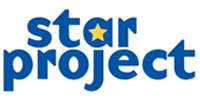
The Safe Zone: Dundee City Health and Social Care Partnership (HSCP)
- Working with a wide range of partners, the HSCP repurposed an existing third sector service – the Safe Zone bus – which provides support to people in distress on Friday/ Saturday nights in the city centre
- While services were reduced during the pandemic, partners used the bus to deliver support to vulnerable people, including: nursing care, substance misuse services, debt and benefits advice, help with housing or homelessness issues, and also hot food and drinks and someone to chat to
Winter Lockdown Project, West Lochaber, Perth & Kinross, and East Lothian
- Support in Mind Scotland supporting communities to develop approaches and activities aimed at improving mental well-being and strengthening a sense of community
- Focus on countering negative effects of the pandemic, building connections, and improving health inequalities
- Taps into national resources and expertise through the National Rural Mental Health Forum and Community Health Exchange, and feeding into Public Health Scotland national research
- Empowering people to get involved in health research and improving health
Ferguslie Park, a community response
"We were able to channel Scottish Government resources to community groups during lockdown in a fair, open and transparent way because of last year’s PB process. If we hadn’t run the PB process last year I don’t know how we would have gone about doing that."
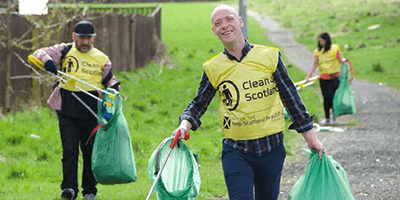
- Community group, previously involved in participatory budgeting (PB), came together to deliver care packages, and support the community.
- Used their experience of PB to direct funding in a fair, open, and transparent way
- Organic approach with informal groups taking the lead in supporting people in creative ways and finding alternative funding streams

Barrhead Housing Association, a community anchor response
- A housing association, well established in the community, co-ordinated with key partners to identify people needing support, minimise duplication of services and maximise resources available
- Directed Scottish Government Supporting Communities Fund to several community support agencies to enable a quick response to challenges from Covid-19, including those shielding, people with Alzheimer’s, people with learning difficulties, providing IT equipment, and financial advice and support
Lochalsh Community Response
- Strong local partnership, led by Kyle & Lochalsh Community Trust
- Having an effective place-based partnership in existence helped establish a strong cross-community response to the pandemic
- Worked with a local councillor to help ensure the local voluntary effort could be linked to wider support from public services
Alva Development Trust
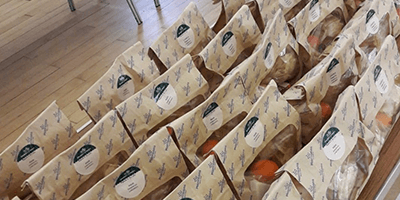
"Partnership has improved recently. Everybody seems to be saying we’re here for same reason. It’s been fantastic. The council has been only a phone call away. They put you through to the right person. We didn’t have the same kind of relationship before."
- Alva Development Trust, established in 2018 to run the community hall following a community asset transfer, secured funding and adapted its services to support people across a wide area
- Reported improved partnership working and a transformation in relationships with the community, mobilising lots of volunteers
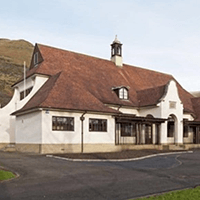
Renfrewshire Neighbourhood Hubs
- Established seven community hubs, aligning with the Local Partnerships already in place, run in partnership by the council, HSCP and the third sector
- The hubs were set up to support people's wellbeing, recognising a gap in support to people not on shielding lists and facing different challenges
- Engage Renfrewshire, the third sector interface, acted as a conduit for links to other third sector and community organisations
Argyll and Bute Council Supporting Local Networking
- Council’s role in bringing community organisations together, helping to share ideas and co-ordinate the community response
- Created the conditions for community and voluntary organisations to work, learn and grow together
- Supported community groups to operate and access funding during the pandemic, and is using feedback on how effective this was to continue to improve
Collydean Community Centre, Glenrothes
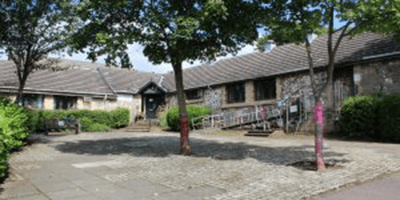
- Quickly adapted community centre services and activities to provide a range of support
- Focused on supporting most vulnerable (people made redundant during pandemic, isolated people)
- Helped equip people with skills that can continue to be of benefit post-pandemic
- Working in partnership with Women’s Aid to support increased referrals for domestic abuse
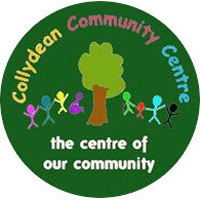
Links to further information
- Wellbeing Fund: analysis of awards Scottish Government, November 2020
- Covid-19: Health and Social Care Learning in Scotland Healthcare Improvement Scotland ihub
- Equipping-professionals: engaging-differently Healthcare Improvement Scotland Community Engagement
- Planning with people: Community engagement and participation guidance for NHS Boards, Integration Joint Boards and Local Authorities Scottish Government and COSLA, March 2021
- Community Health and Wellbeing - Sustaining and strengthening the role of community organisations beyond the initial Covid-19 response Healthcare Improvement Scotland and NESTA, April 2021
- Research into community response to Covid-19 Scottish Community Alliance, June 2020
- Communities Channel Scotland examples of communities responding to C-19, SCDC, August 2020
- Rapid Evaluation of the Response, Recovery and Resilience Fund SCDC, May 2020
- Covid-19 Lessons from the frontline SURF, August 2020
- Covid-19 Building community resilience SURF, September 2020
- Social action during the coronavirus pandemic: Learning from the crisis to help build forward better Social Action Inquiry Scotland, February 2021
- Coronavirus and its impact on the Scottish voluntary sector SCVO, March 2021
- Pooling Together: How Community Hubs have responded to the Covid-19 Emergency Carnegie UK Trust, September 2020
- Covid-19 and Communities Listening Project: A Shared Response Carnegie UK Trust, November 2020
- Rethinking Scotland: Take action to include more voices in policy-making in Scotland Carnegie UK Trust, July 2021
- Manifesto for change TSI Scotland Network, October 2020
- If not now, when? – Social Renewal Advisory Board report Scottish Government, January 2021
